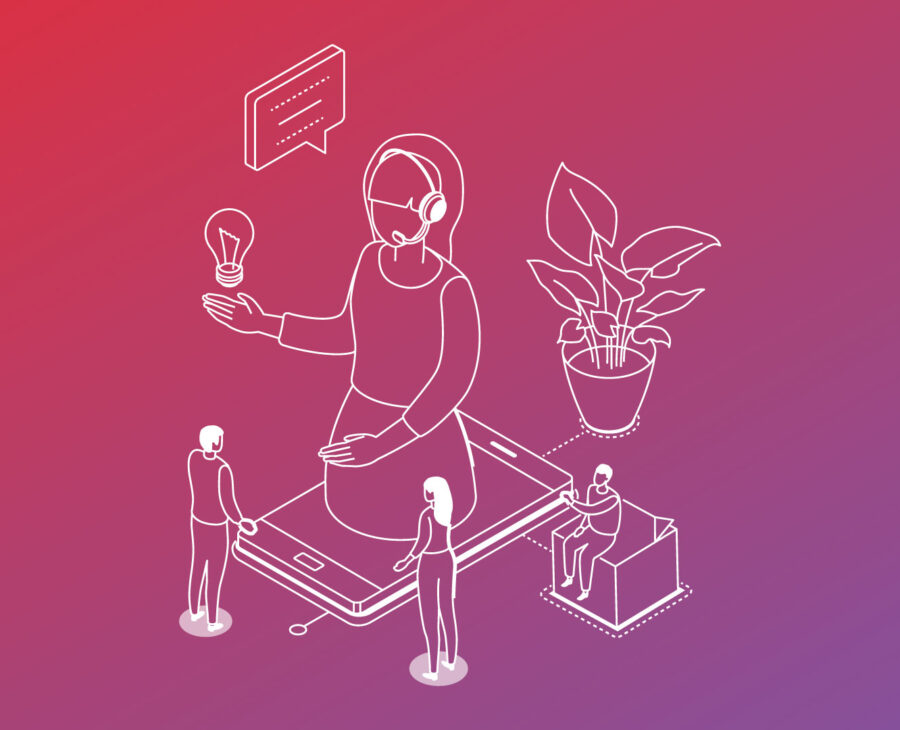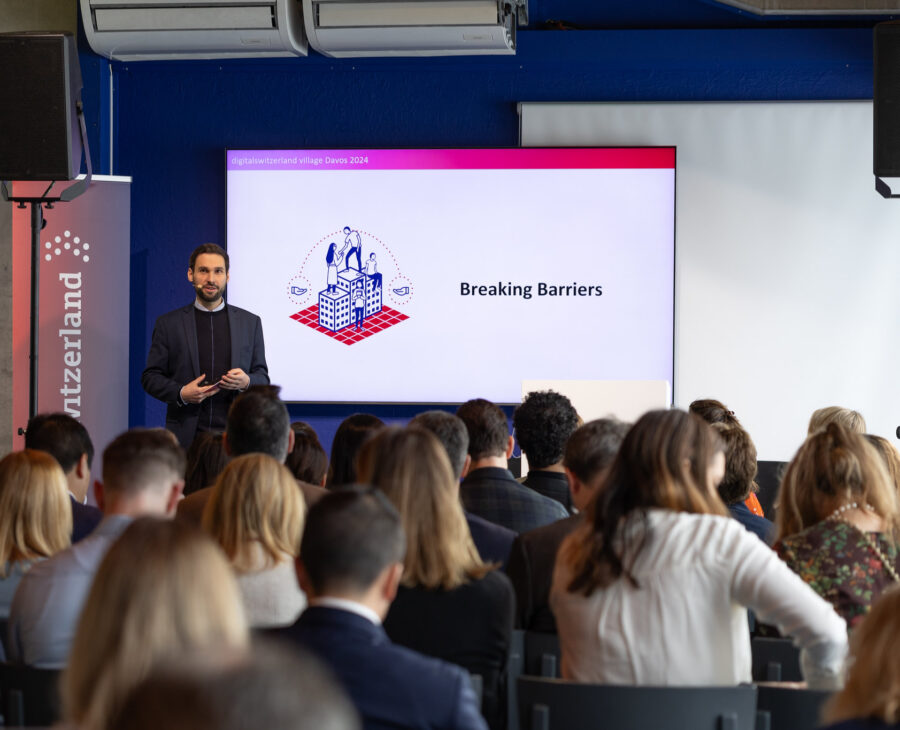We are happy to share a guest blog from one of our Digital Day partner organizations, Karin Mateu from Ernst & Young AG, addressing one of the Digital Day themes: Work 4.0
Digitalisation is changing the workforce. To plan your career today, you need to gather as much experience as possible. In the future, adaptability will determine professional success.
Digitalisation is often portrayed as a job killer. In fact, over a million jobs in Switzerland could be threatened if digitalisation leads to massive automation: part of the workforce might be replaced by machines taking over certain tasks.
A far more desirable outcome would be that digitalisation develops in a different direction. It has the potential to add value to certain activities. This is often called augmentation or computer-aided improvement. Digital tools can relieve employees from repetitive and cumbersome tasks, allowing them to make better use of their human potential.
In nursing, for example, one could imagine robots performing physically demanding tasks and freeing up time for more patient-caregiver dialogue. Technology would not drive people out of the job market, but change existing jobs for the better.
Whatever the scenario may be, challenges are great for the millennials (the generation born in the early 1980s to early 2000s) that is currently entering the labour market. One thing is certain, digitalisation demands flexibility and openness. The willingness to embrace new things. Those who are adaptable will find it easier to navigate a work environment that is constantly evolving.
Your career path used to be guided by fulfilling the educational requirements to enter the profession you wanted. Today the motto is “lifelong learning” – through continuous training, but above all, through “learning on the job”. Employees should try a wide variety of career paths and industries after entering the workforce and acquire the most diverse skills possible through frequent job changes. This is how they can remain flexible enough to adapt to structural changes. This also requires companies to reconsider their recruiting criteria and give applicants with little professional or industry experience a chance.
Companies will have to be more open to horizontal entrants, as digitalisation also changes job requirements. As many activities will be automated in the future, capabilities that machines cannot do will gain in importance. This includes empathy, creativity, networked thinking and the ability to inspire. Knowledge from outside the business world is becoming more and more important, especially for managers. Understanding philosophy, history and psychology can enable them to make better decisions in increasingly complex contexts.
A detour from your training can pay off when looking for a job: those who look beyond their specialties have a better chance to land one of the new jobs being created by high-growth sectors. In the coming years, for example, the convergence of the pharmaceutical and IT sectors should ensure that more and more technology experts will work in the life science sector.
Agility and adaptability will be crucial for success in tomorrow’s labour market. Employees must be prepared to change professions and adapt to a new environment – like chameleons.






